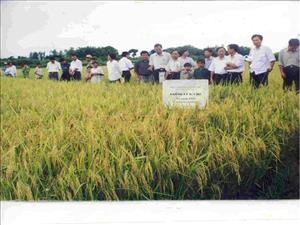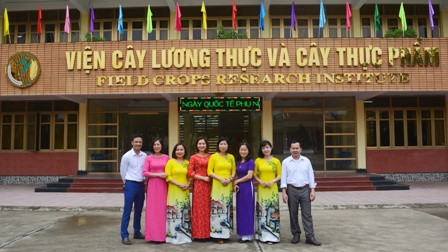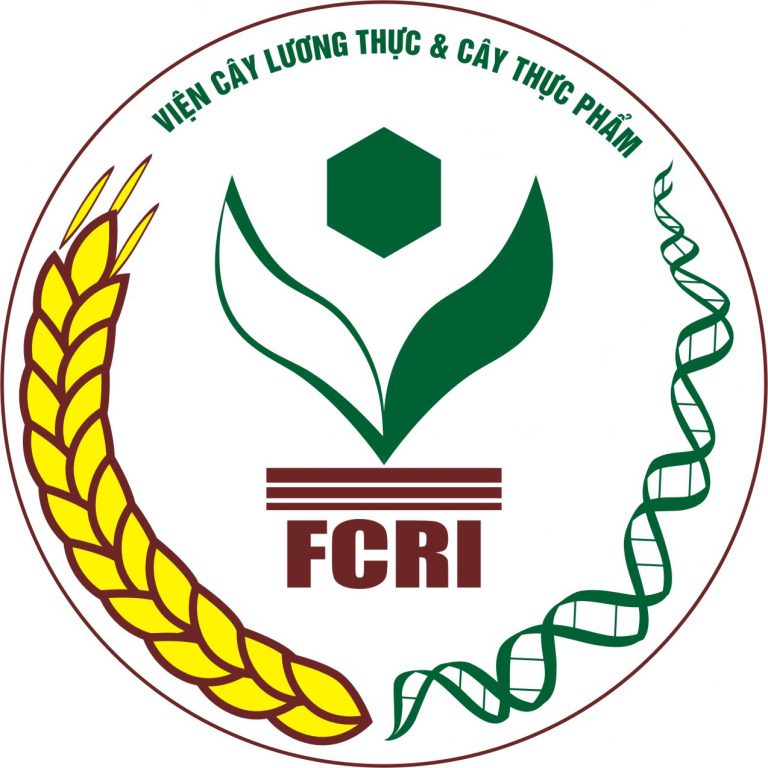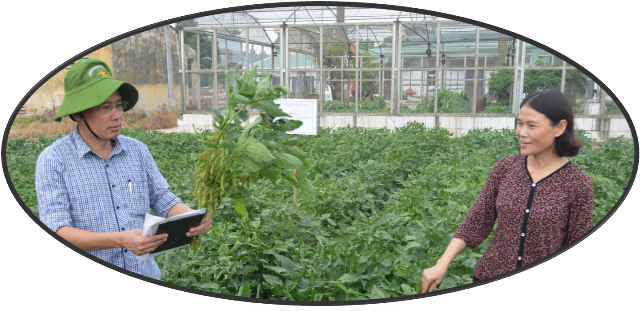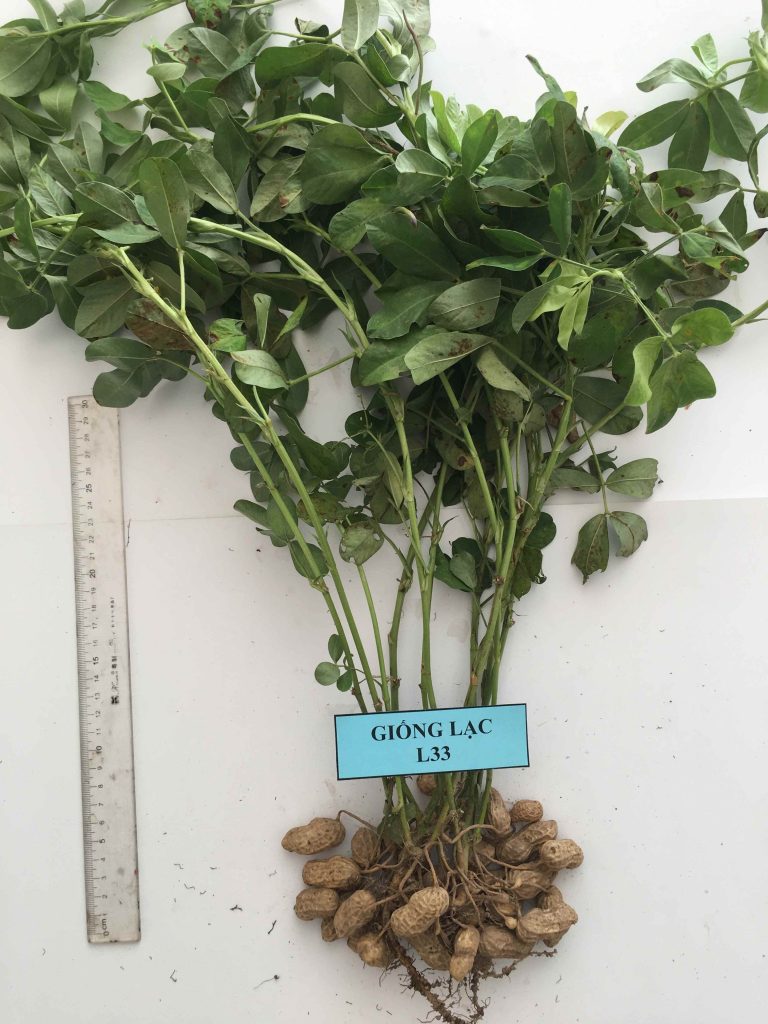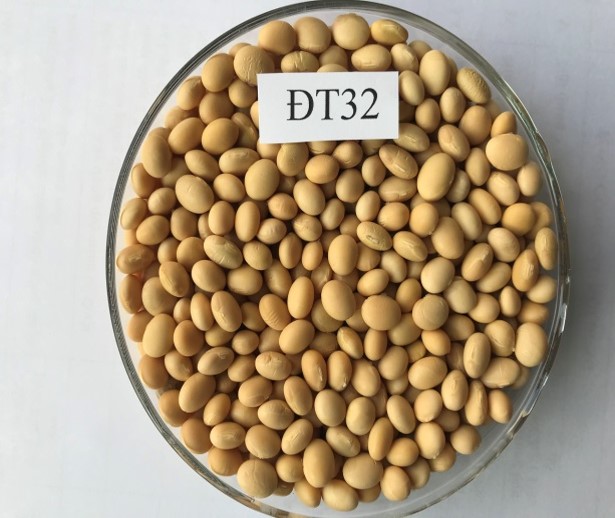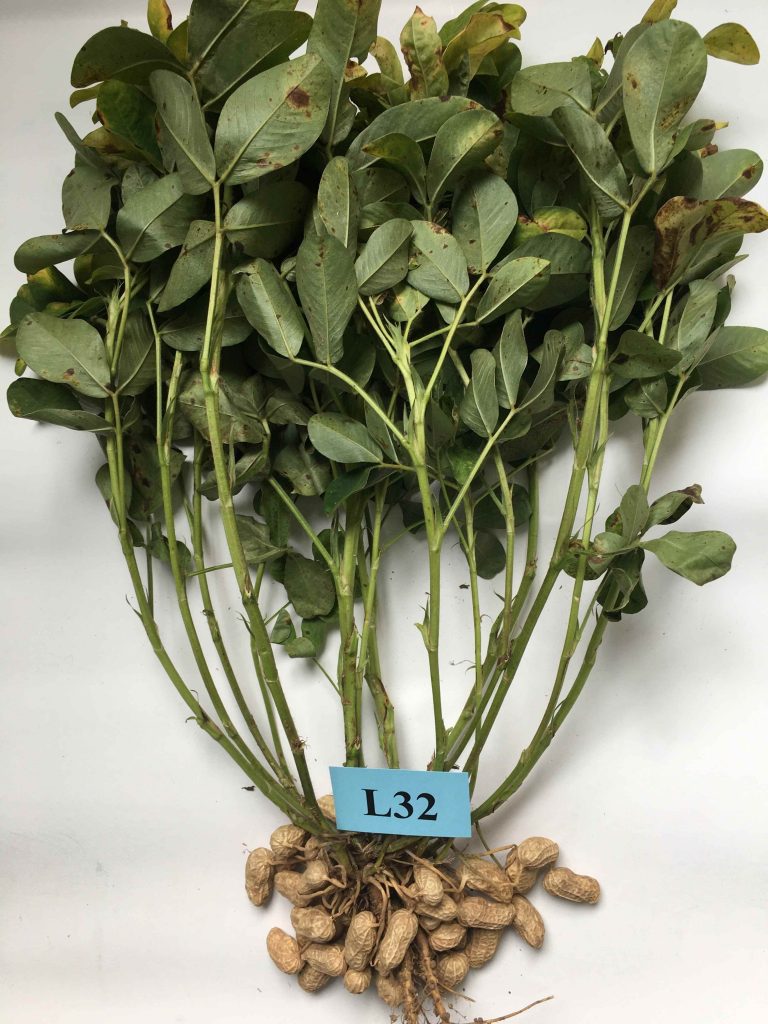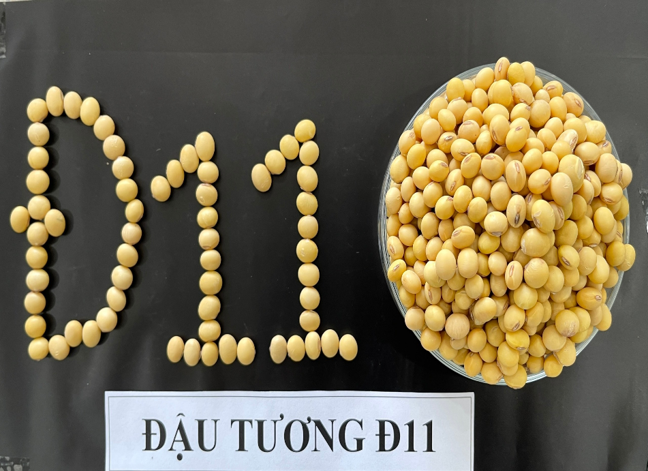SCHOLARSHIPS AVAILABLE FOR PH.D.-LEVEL STUDIES IN RICE SCIENCE
Calling all scientists in the early stages of their careers who want to help feed half the world. You are encouraged to apply for the Global Rice Science Scholarships (GRiSS) for Ph.D.-level study and research in various areas of rice science.
GRiSS envisions a new generation of rice scientists who will take on leadership roles in the global fight against poverty and hunger. More than 3.5 billion people—half of humanity—rely on rice as food or livelihood.
The increasing cost of higher education and the huge decline in enrollment in agriculture programs are two big hurdles that international efforts for food security need to overcome. The “best and the brightest” who wish to dedicate their professional lives to helping secure food for the world must be empowered to do so, and this is what the GRiSS program seeks to accomplish.
GRiSS is implemented under the IRRI-led Global Rice Science Partnership (GRiSP), which coordinates global research efforts on rice. It aims to increase global technical and research capacity to address major problems in rice production. Promising agricultural scientists can avail of this opportunity to develop their expertise and leadership in an area of rice science.
In 2011, the GRiSP host institutions—the International Rice Research Institute (IRRI),AfricaRice, International Center for Tropical Agriculture (CIAT), Agricultural Research for Development (CIRAD), and Institut de Recherche pour le Développement (IRD—were given funding to support 31 scholars from Asia (17), Africa (9), South America (4), and Europe (1).
Good investment
Phung Thi Phuong Nhung, IRD-CIRAD Ph.D. scholar, started a research project in 2011 on identifying new genes associated with root developmental traits in a core collection of Vietnamese rice varieties. She has recently identified 214 varieties and grouped them based on their root systems.
“I feel very lucky to have been chosen as a scholar,” she says. “This has allowed me to finish my data collection.”
Nhung’s work is important because water scarcity is an imminent threat to rice production because of climate change. By 2025, about 15–20 million hectares of irrigated rice will suffer some degree of water scarcity and Nhung’s findings could very well be part of the solution, and is a major return on investment.
Apply now
The GRiSS scholarships are open for applications until 30 November 2014. More information, requirements, and application materials can be found here. You may also email for an application packet.


